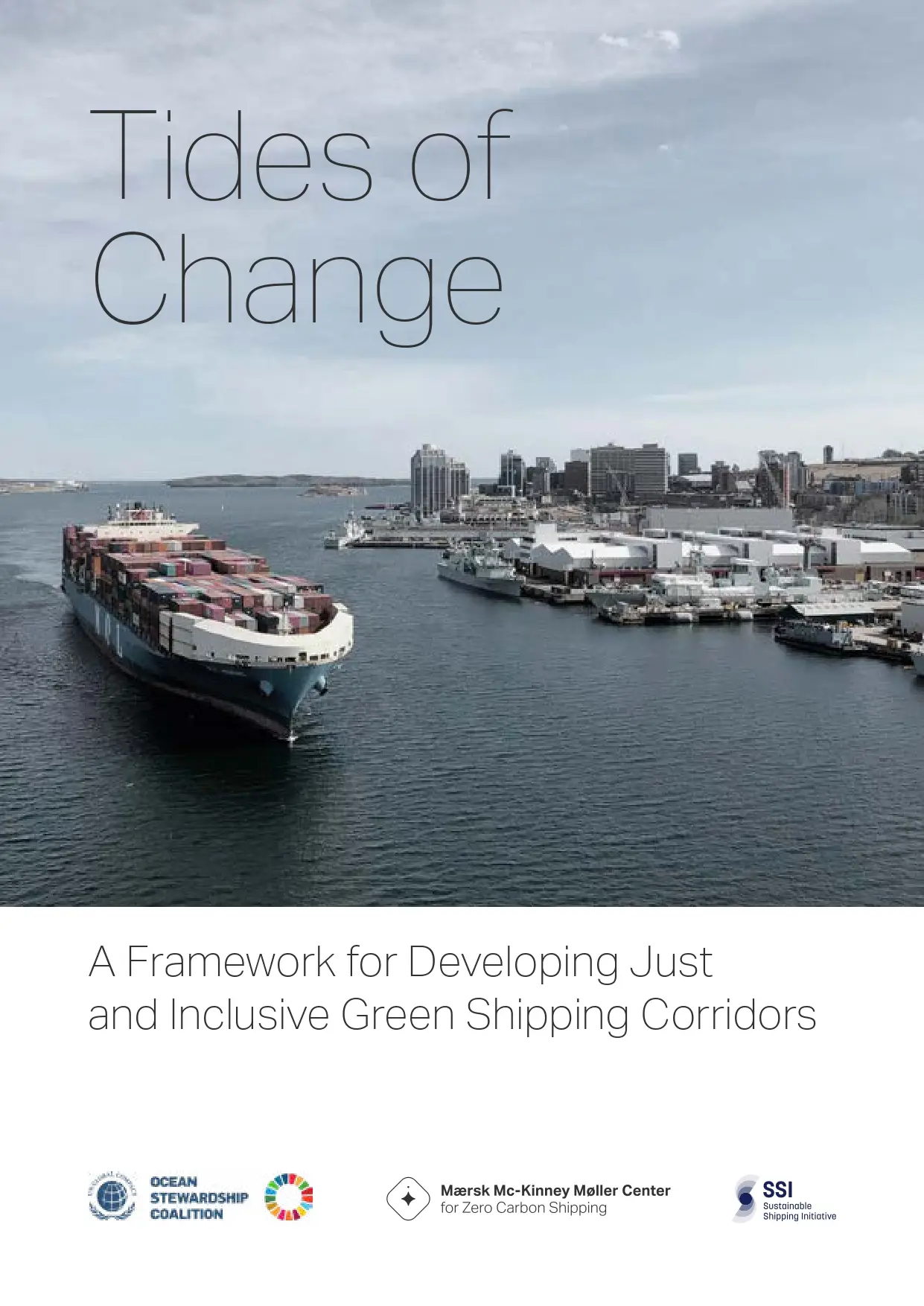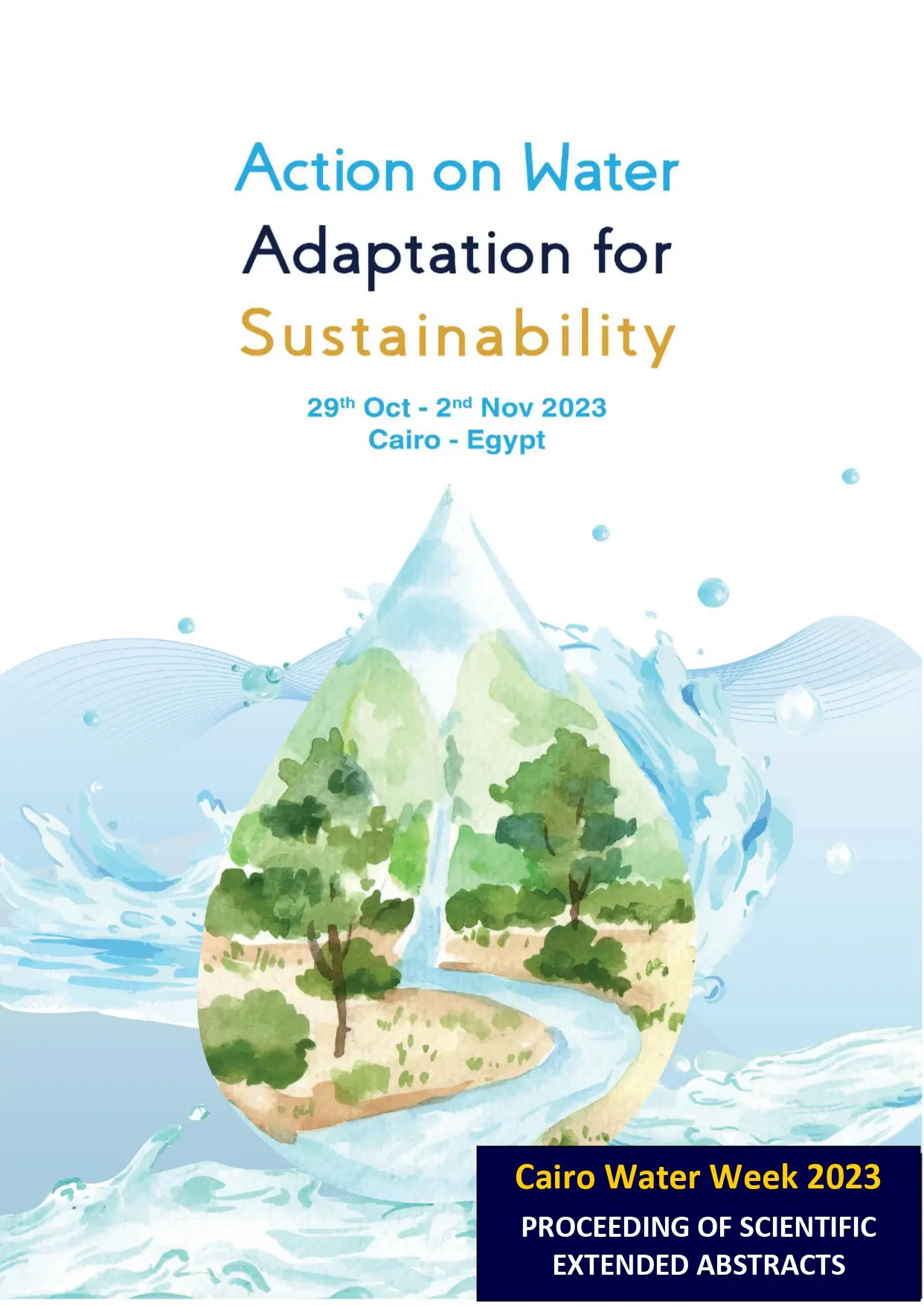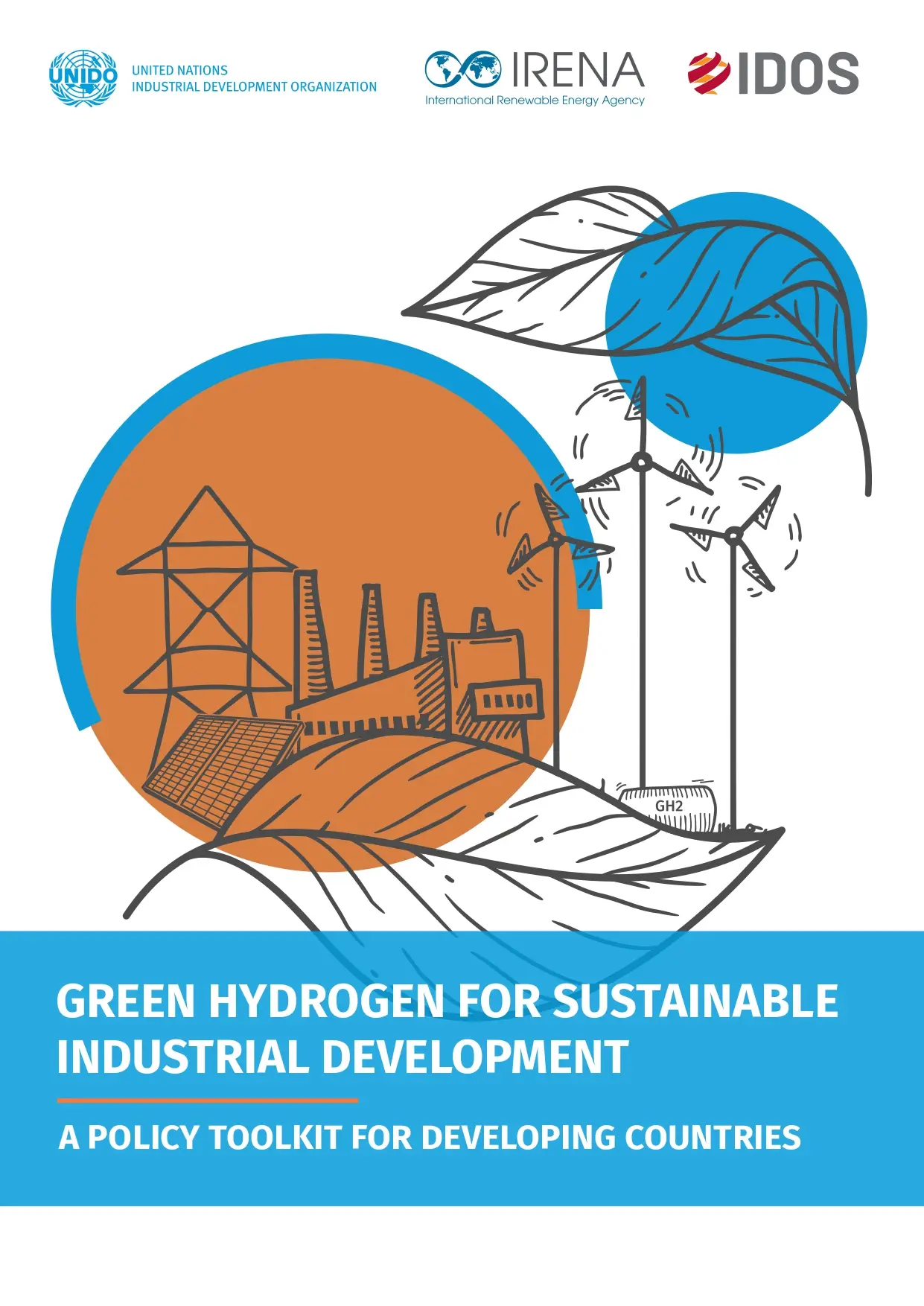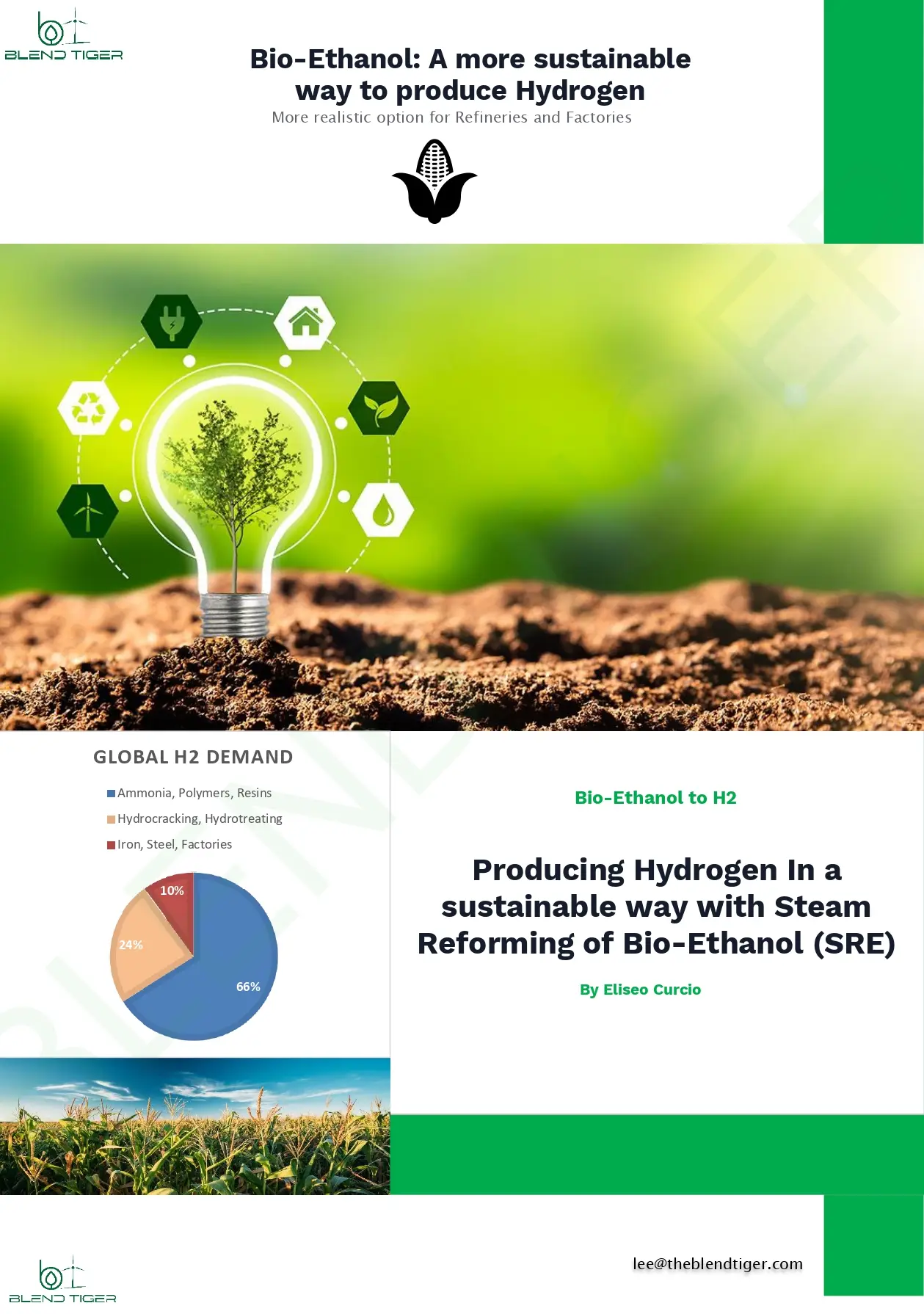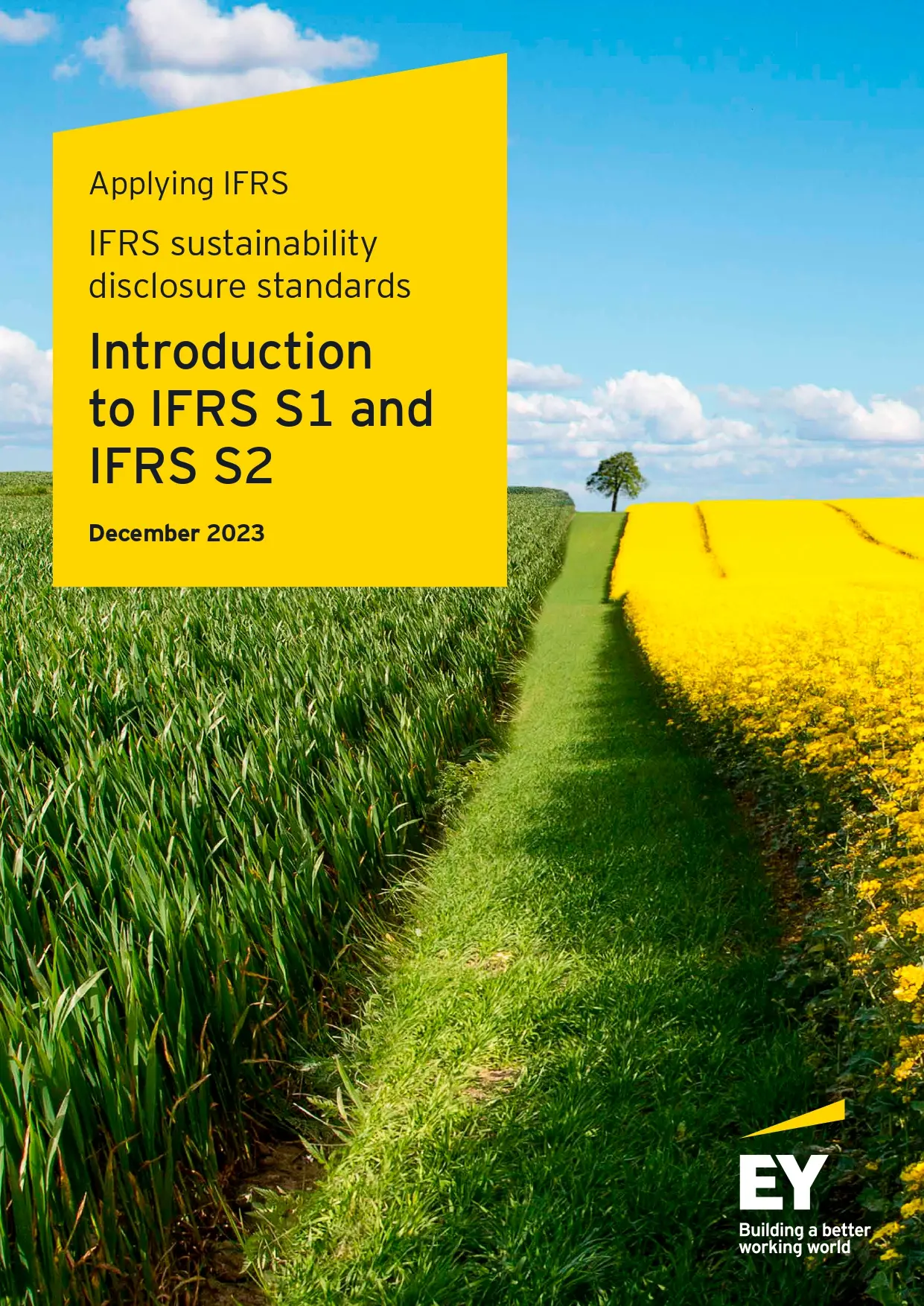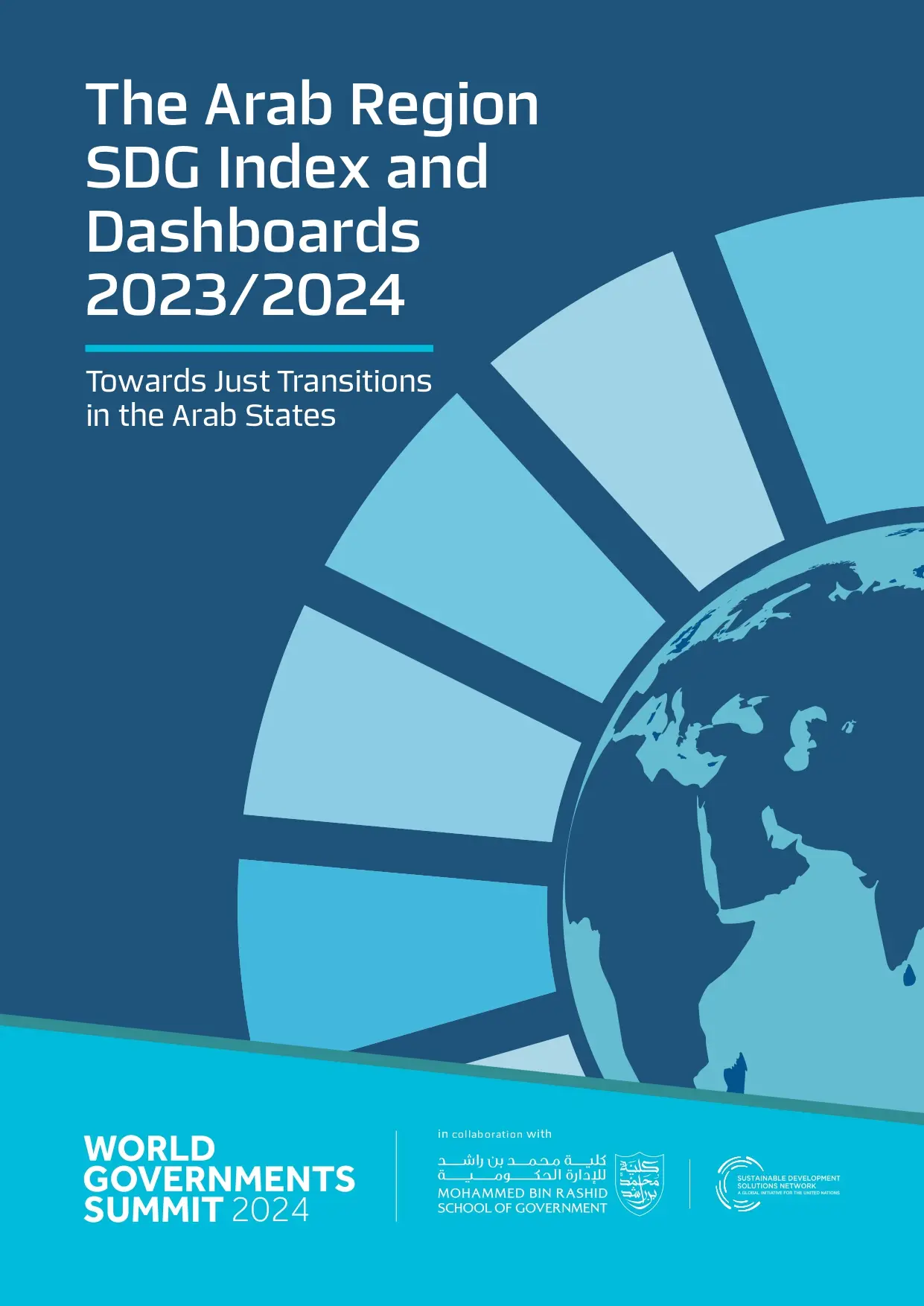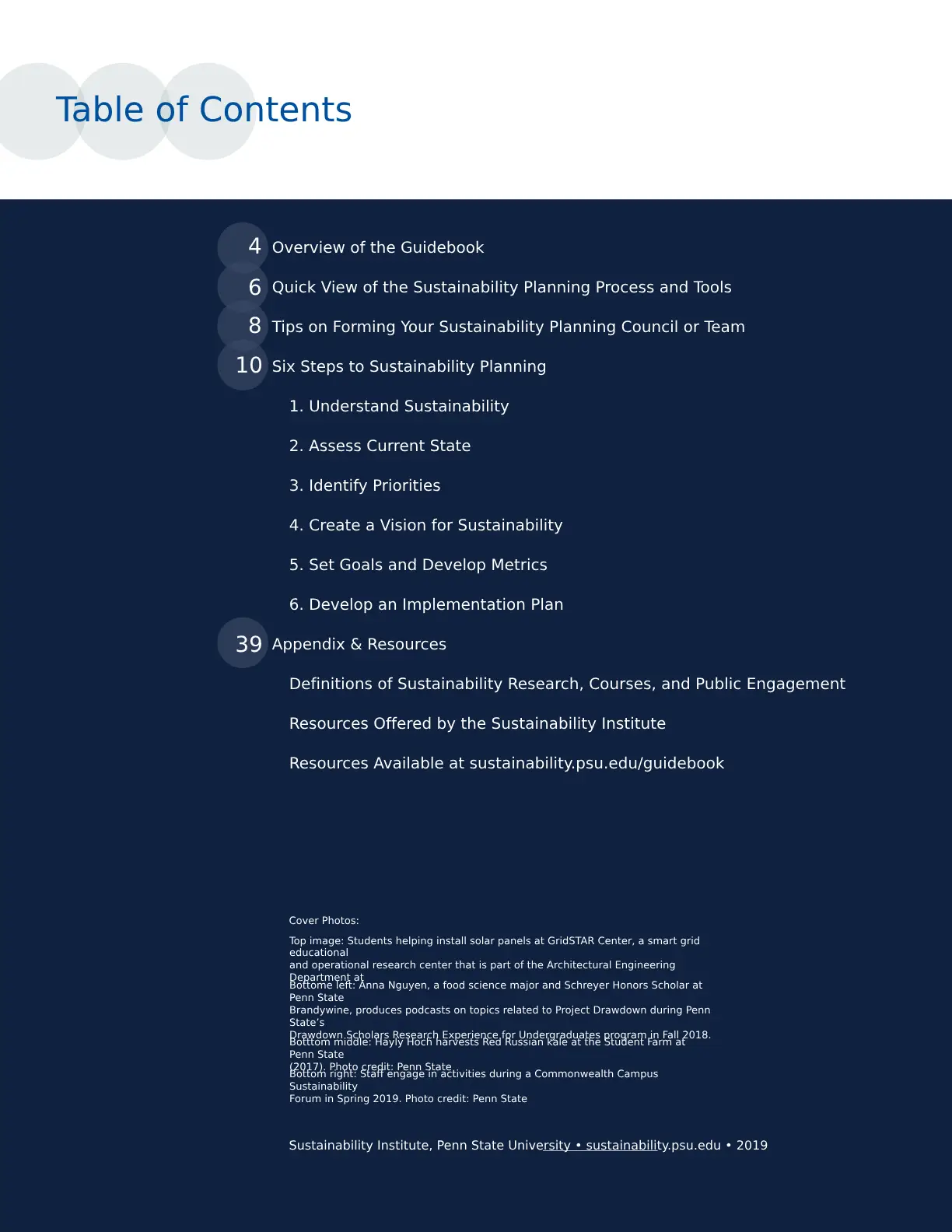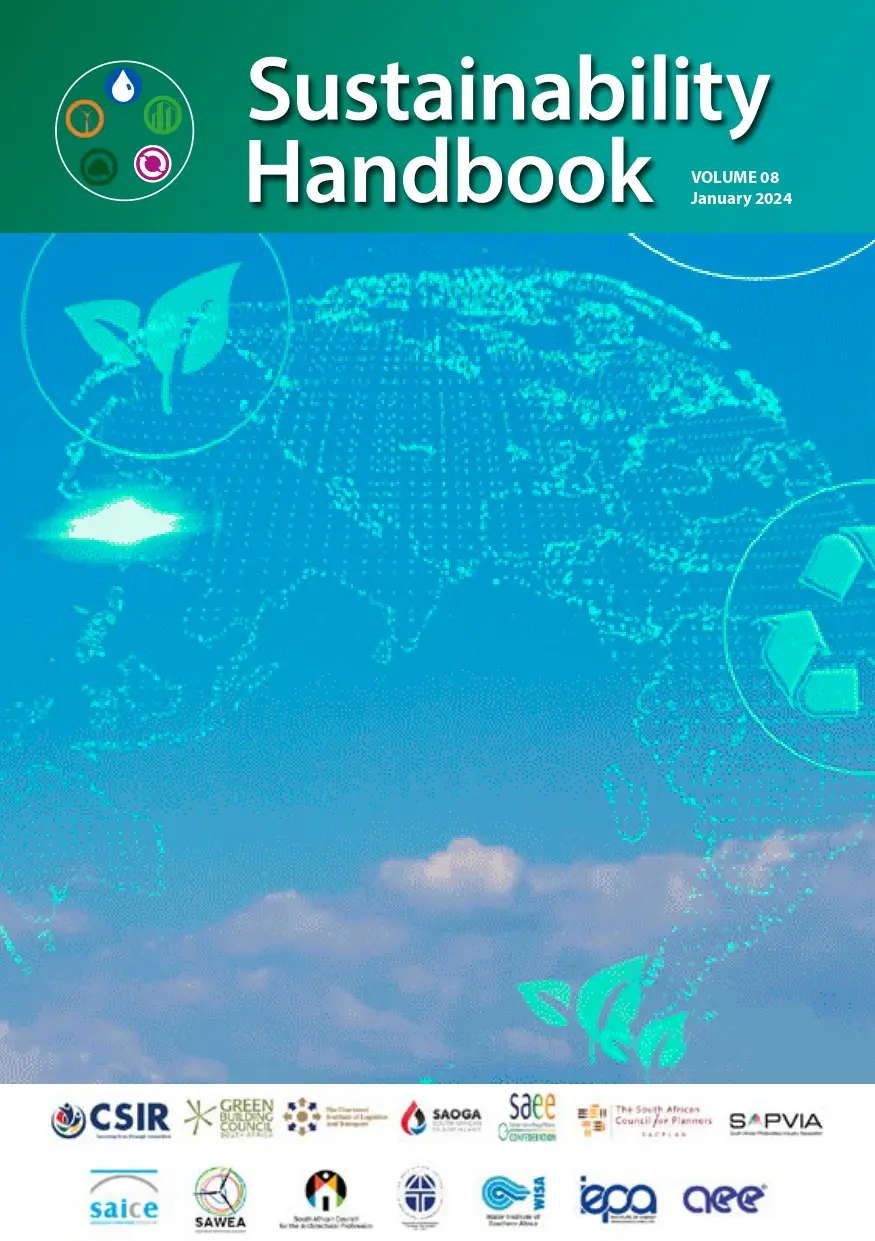Tides of Change (A Framework for Developing Just and Inclusive Green Shipping Corridors)
Transitioning to zero and near-zero emission economies is at the core of addressing the three planetary crises outlined by the UN: climate change, biodiversity loss, and pollution currently underway.1 However, decarbonization cannot be treated in isolation. As
recognized in the 17 UN Sustainable Development Goals, “ending poverty and other deprivations must go hand-in-hand with strategies that improve health and education, reduce inequality, and spur economic growth – all while tackling climate change and working
to preserve our oceans and forests.”
Tides of Change (A Framework for Developing Just and Inclusive Green Shipping Corridors)
Transitioning to zero and near-zero emission economies is at the core of addressing the three planetary crises outlined by the UN: climate change, biodiversity loss, and pollution currently underway.1 However, decarbonization cannot be treated in isolation. As
recognized in the 17 UN Sustainable Development Goals, “ending poverty and other deprivations must go hand-in-hand with strategies that improve health and education, reduce inequality, and spur economic growth – all while tackling climate change and working
to preserve our oceans and forests.”
Green Hydrogen For Sustainable Industrial Development
Green Hydrogen represents a unique opportunity for the clean energy transition. Climate change is an existential threat to a sustainable future, but at the same time, facing up to the climate challenge is an opportunity to promote prosperity and a brighter future for all. Green hydrogen and its derivatives will play a vital role in the just energy transition.
Green Hydrogen For Sustainable Industrial Development
Green Hydrogen represents a unique opportunity for the clean energy transition. Climate change is an existential threat to a sustainable future, but at the same time, facing up to the climate challenge is an opportunity to promote prosperity and a brighter future for all. Green hydrogen and its derivatives will play a vital role in the just energy transition.
Bio-Ethanol: A More Sustainable Way to Produce Hydrogen
Hydrogen, often heralded as the fuel of the future, offers a beacon of hope for a sustainable energy transition. Its versatility and potential for clean energy production make it an invaluable asset in our collective quest for a carbon-neutral future. Hydrogen's role extends well beyond its potential in power generation and as a fuel, serving critical functions across several industrial sectors. The bulk of hydrogen production and consumption is dominated by refineries, chemical plants, and steel factories, which together account for around 90% of its usage. These sectors leverage hydrogen primarily for processing and manufacturing purposes, underscoring its importance in industrial applications rather than energy alone.
Bio-Ethanol: A More Sustainable Way to Produce Hydrogen
Hydrogen, often heralded as the fuel of the future, offers a beacon of hope for a sustainable energy transition. Its versatility and potential for clean energy production make it an invaluable asset in our collective quest for a carbon-neutral future. Hydrogen's role extends well beyond its potential in power generation and as a fuel, serving critical functions across several industrial sectors. The bulk of hydrogen production and consumption is dominated by refineries, chemical plants, and steel factories, which together account for around 90% of its usage. These sectors leverage hydrogen primarily for processing and manufacturing purposes, underscoring its importance in industrial applications rather than energy alone.
IFRS Sustainability Disclosure Standards Introduction to IFRS S1 and IFRS S2
Sustainability reporting has attracted increasing interest from various stakeholders in recent years. The demand for a holistic approach to corporate reporting, with key components that include sustainability reporting, financial reporting, and assurance, has emerged. In response to both the demand for information from the investment community and broader public expectations of the role of businesses in society, a plethora of frameworks, methodologies and metrics for sustainability reporting have been developed.
IFRS Sustainability Disclosure Standards Introduction to IFRS S1 and IFRS S2
Sustainability reporting has attracted increasing interest from various stakeholders in recent years. The demand for a holistic approach to corporate reporting, with key components that include sustainability reporting, financial reporting, and assurance, has emerged. In response to both the demand for information from the investment community and broader public expectations of the role of businesses in society, a plethora of frameworks, methodologies and metrics for sustainability reporting have been developed.


